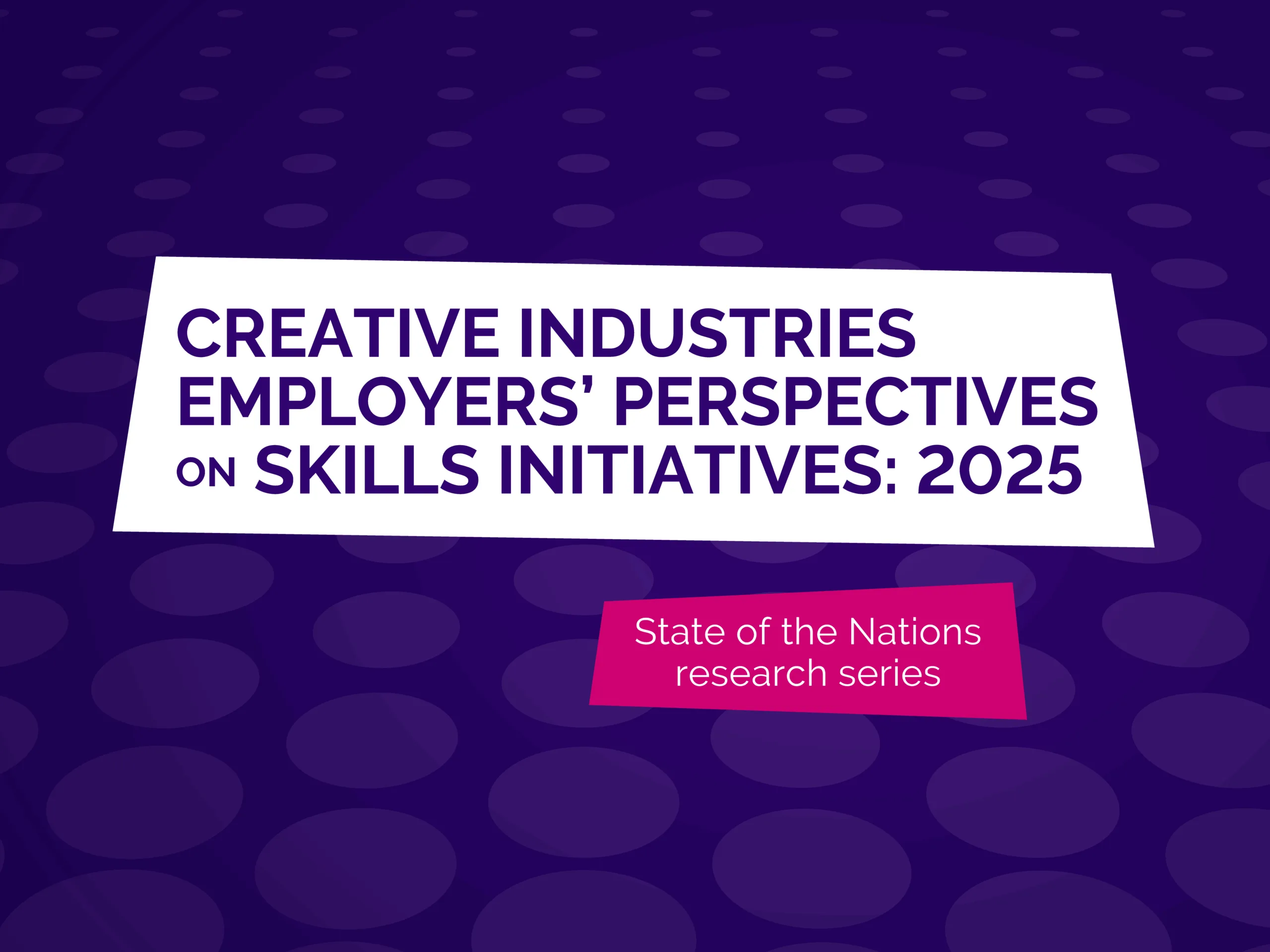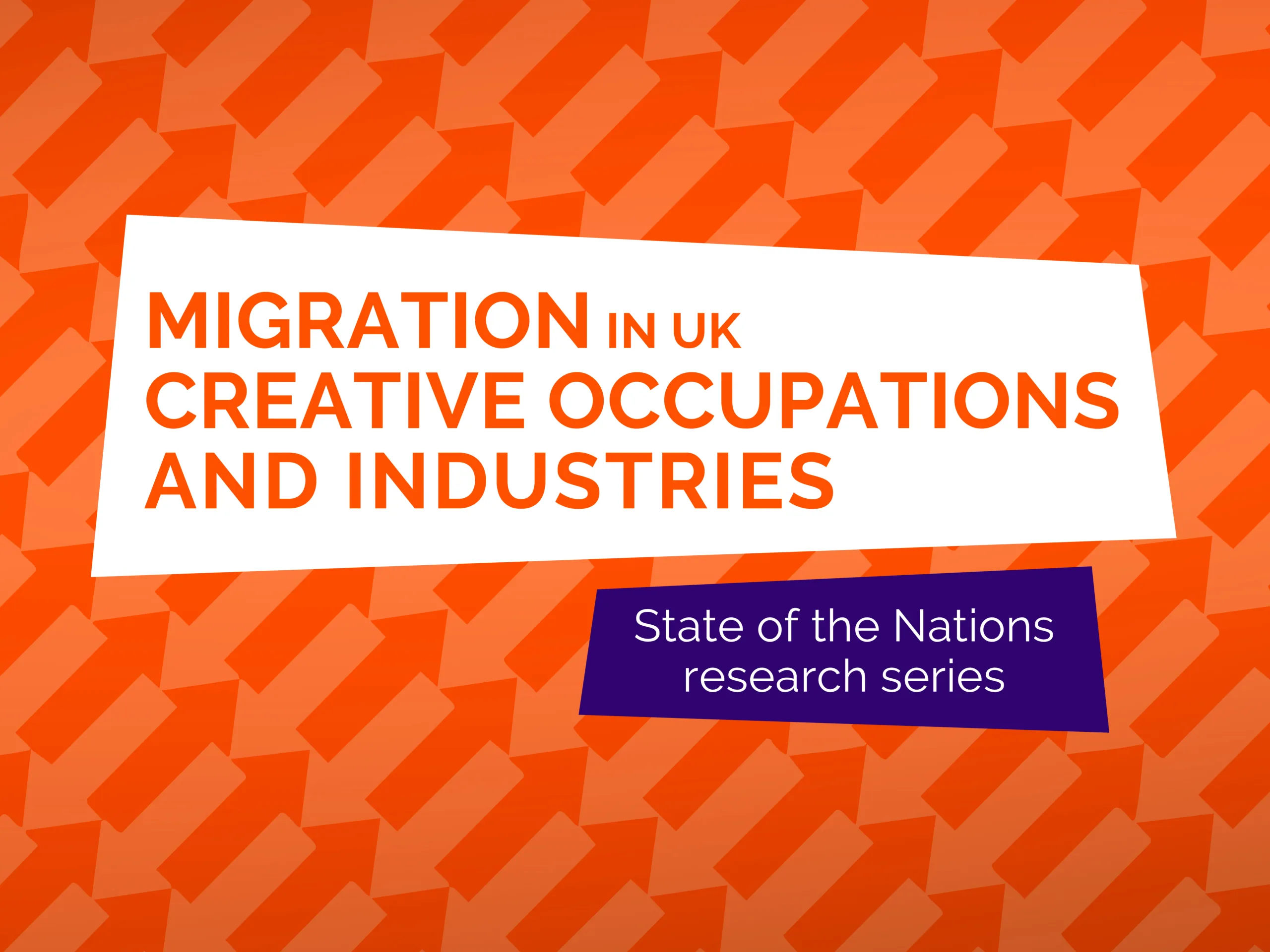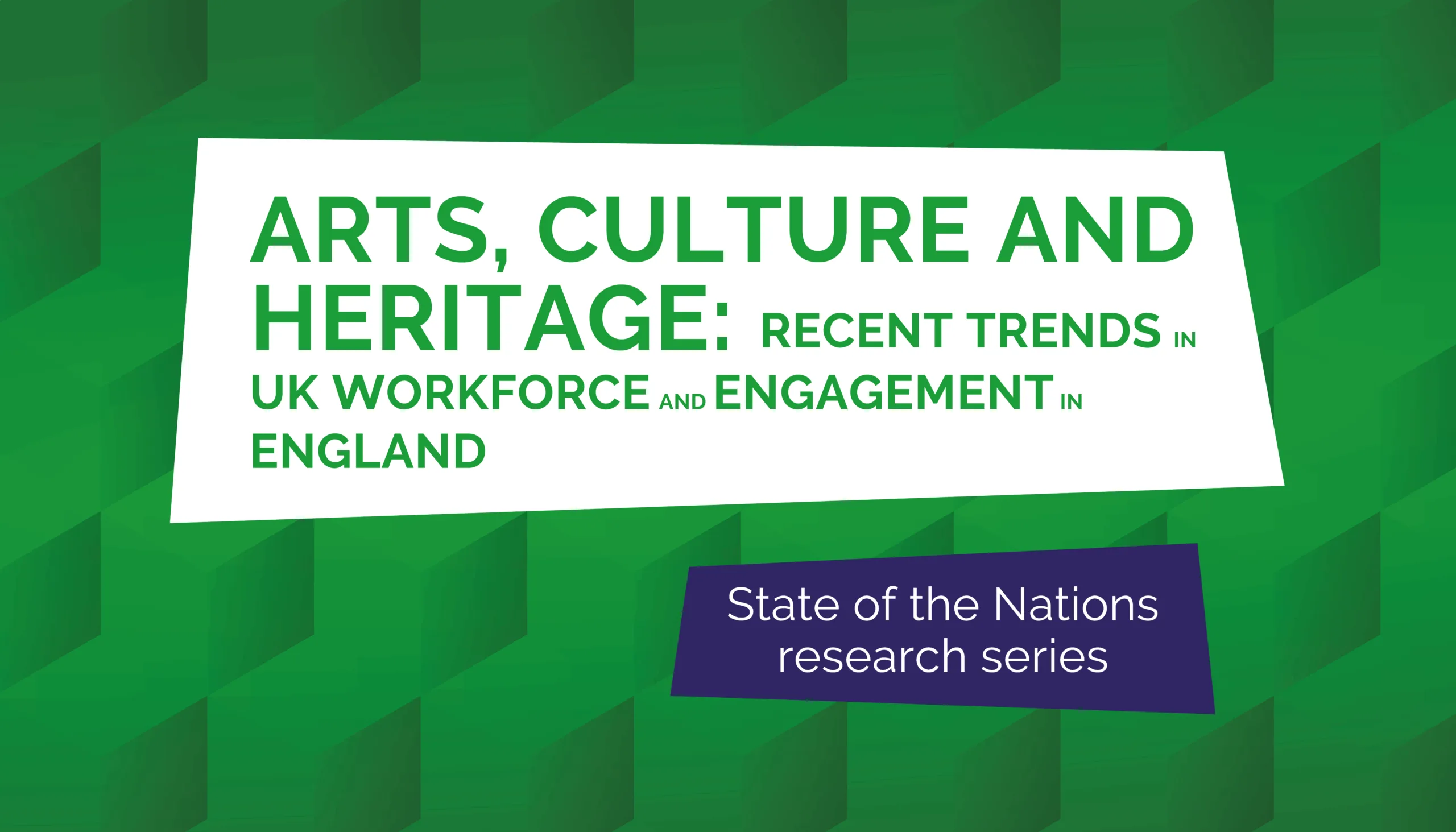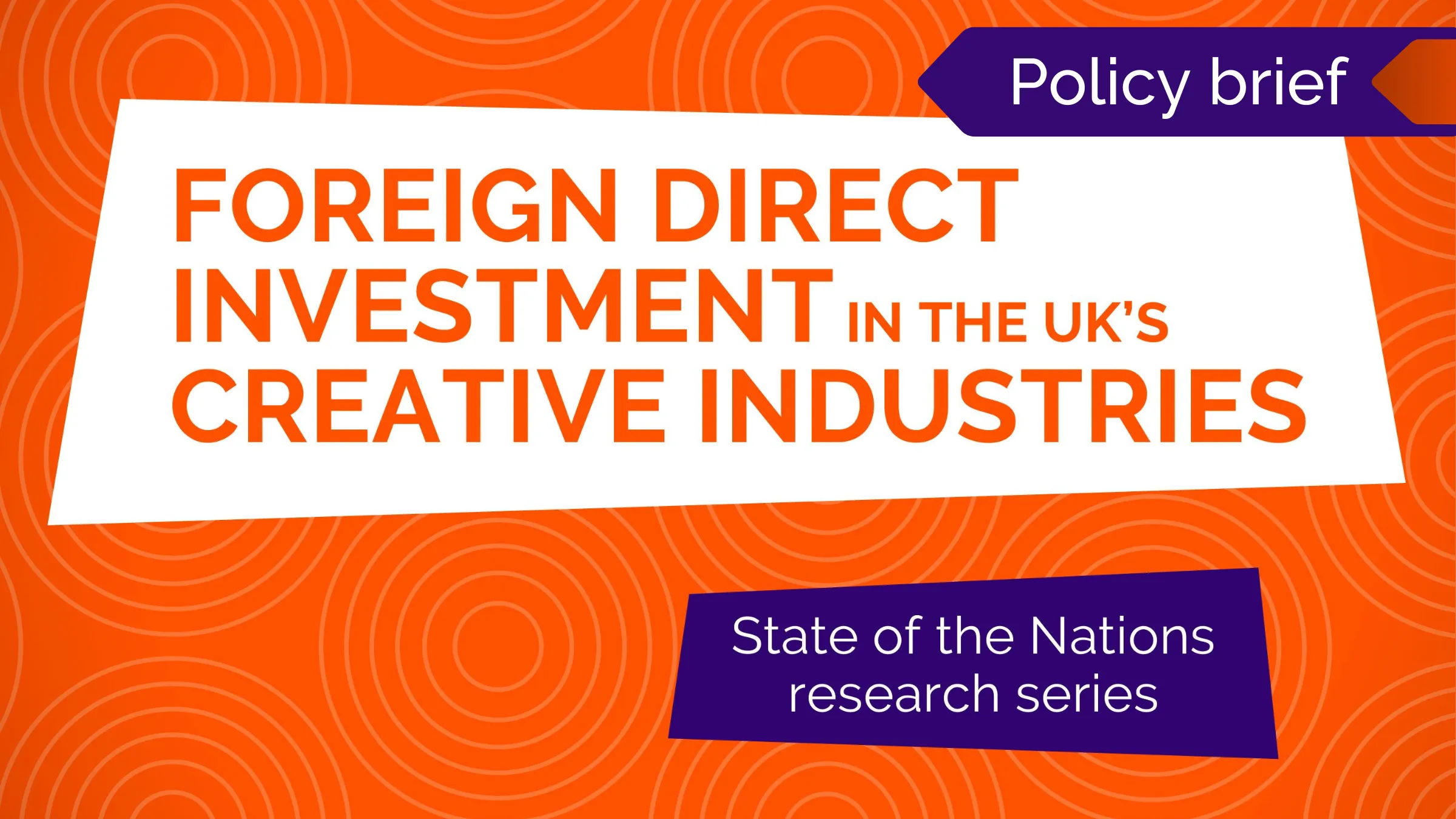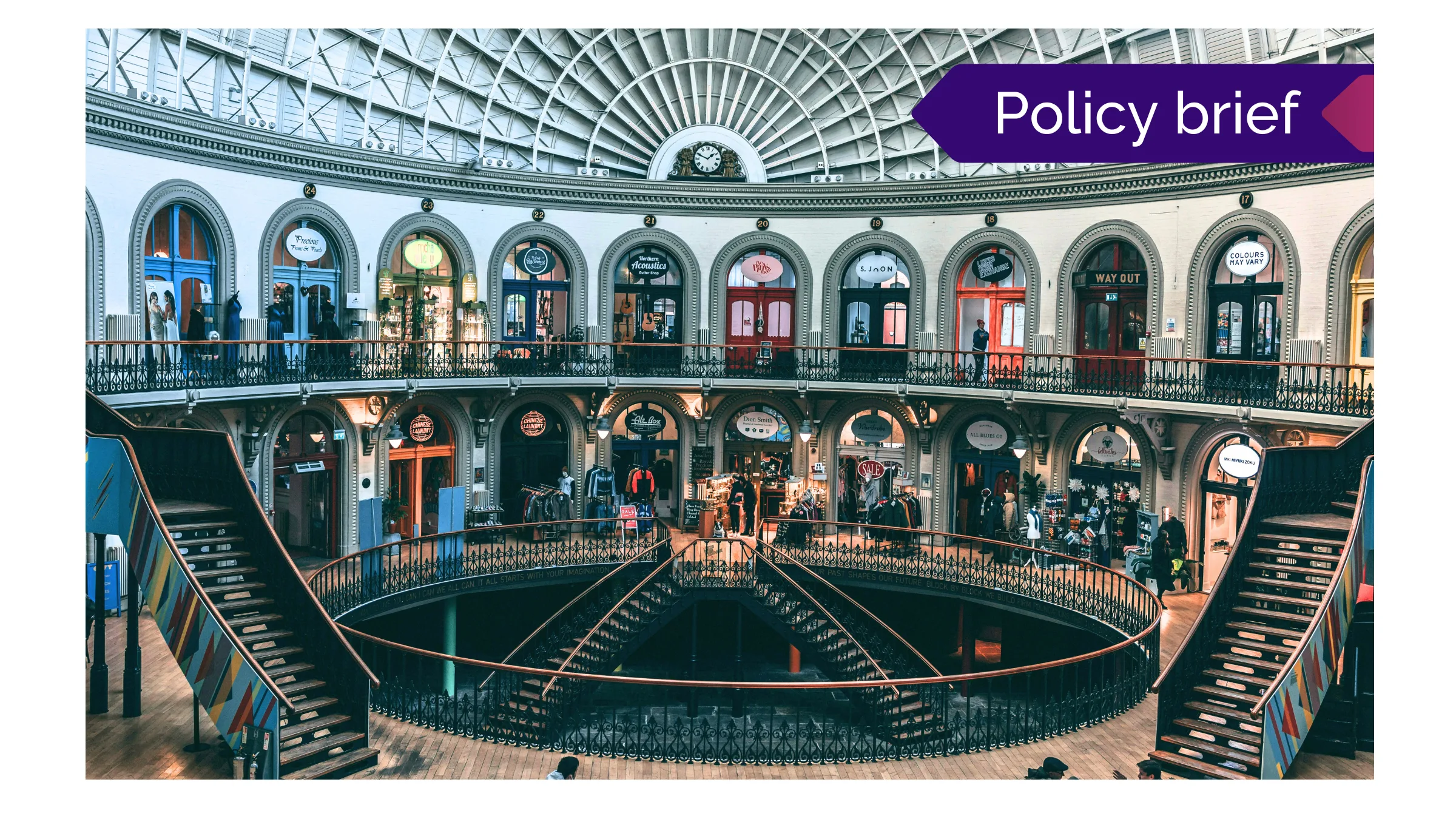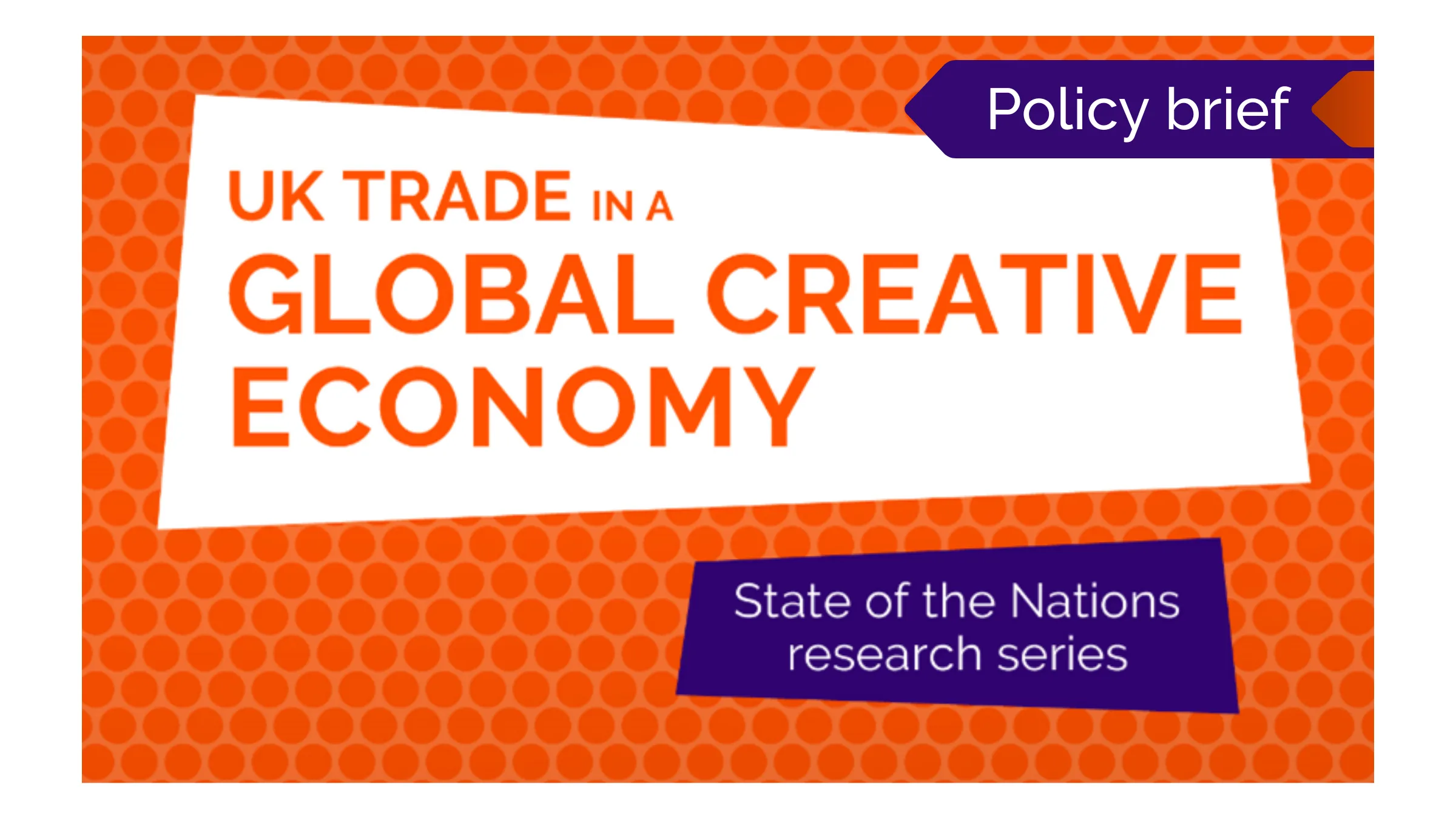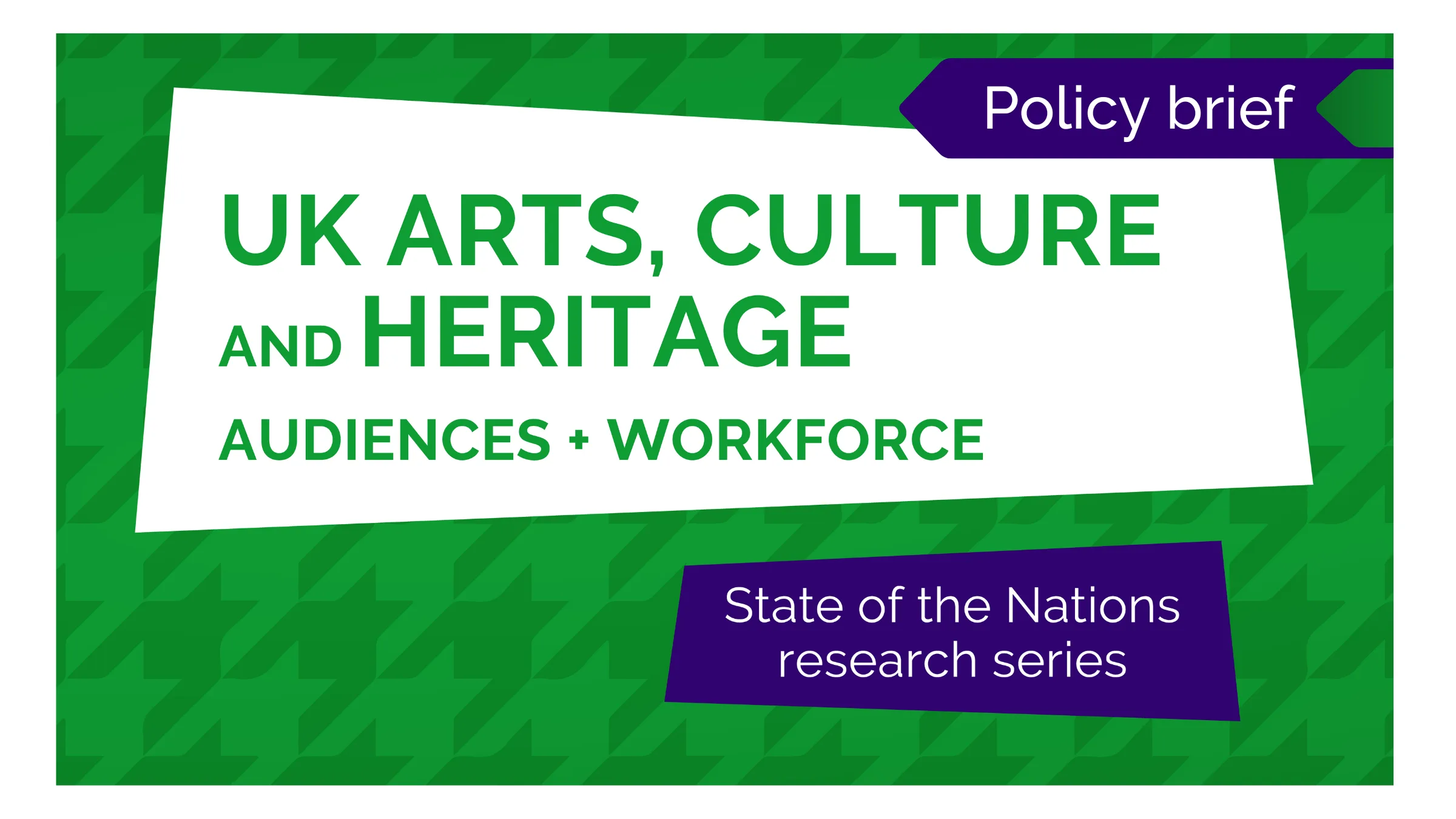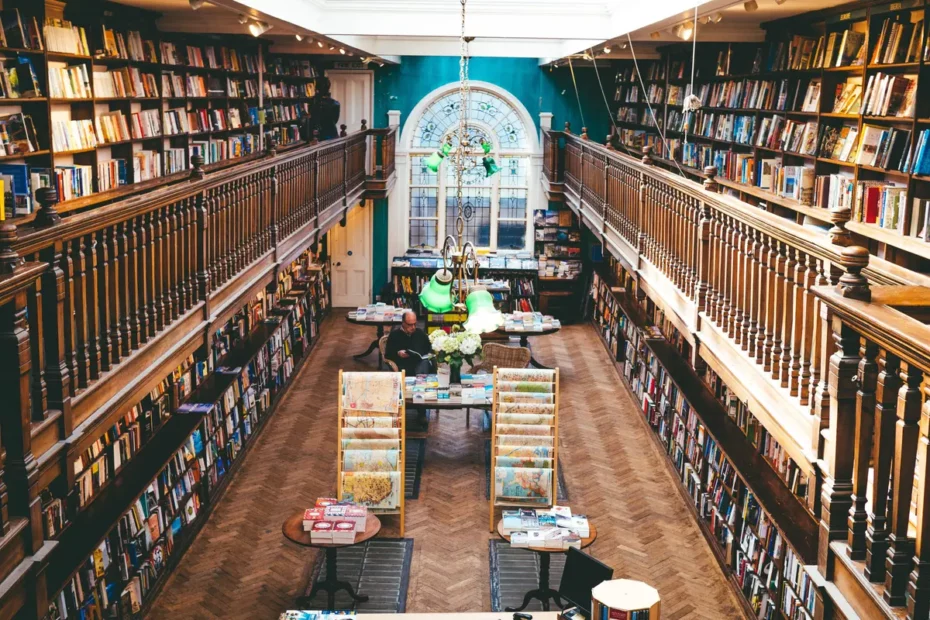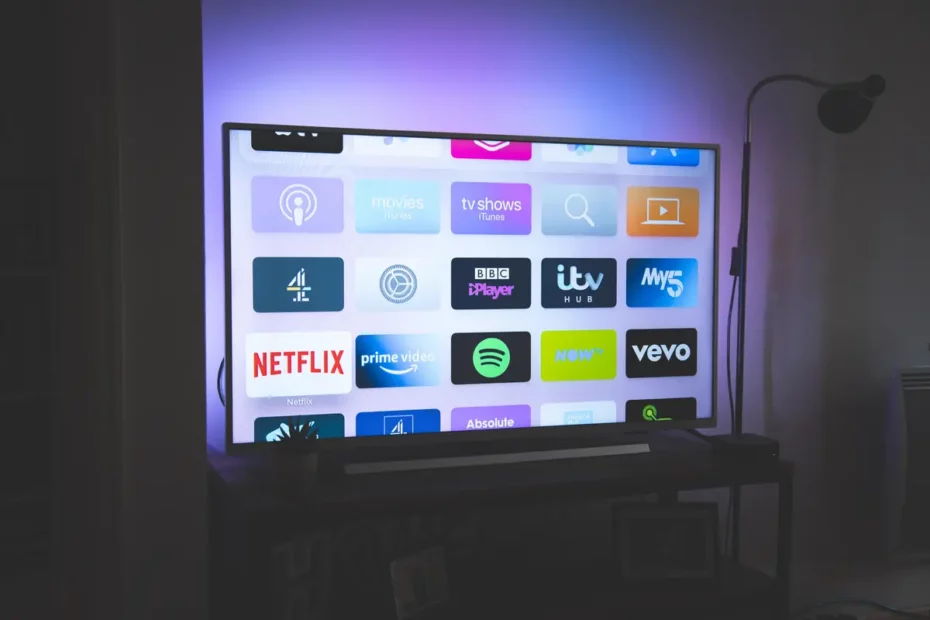A new era of tech regulation is about to begin. However, planned legislation is leading to a tension between two diverging principles in regulating online contents and platforms: preventing online harms and promoting digital competition.
To prevent online harms, the new Online Safety Bill will regulate content that is regarded as ‘legal but harmful’. Ofcom, the UK communications regulator, will become the designated regulator, with enforcement powers. The government itself will retain important deferred powers for the Secretary of State, extending the reach of government.
In contrast, the government is also planning to promote competition by bringing in new rules to limit market powers of online platforms. There is a tension between these approaches: new obligations in anticipation of future harms are created. Will these encourage the flow of information, or prevent it? In each case, the state claims a stronger role, guided by an assertion of its sovereignty post Brexit.
In this briefing, Professor Martin Kretschmer and Professor Philip Schlesinger discuss the proposed policy changes and argue that the role of national governments, the role of powerful firms in exercising state designated policing powers, and the safeguards against executive decisions need to be examined closely.
You can find two associated working papers here:
- Eben, M. (November 2021) The interpretation of a ‘Strategic Market Status’: A response to the public consultation by the UK Government on ‘A new pro-competition regime for digital markets’
- Schlesinger, P. (November 2021) The neo-regulation of internet platforms in the UK
Please cite this document as:
Kretschmer, M. and Schlesinger, P. (2021) The birth of neo-regulation. Where next for the UK’s approach to platform regulation? AHRC Creative Industries Policy & Evidence Centre (PEC) . Access it here: https://cdn2.assets-servd.host…
Hero image credit: Prateek Katyal on Unsplash
Thumbnail image credit: Katerina Holmes from Pexels
Related Policy Briefings
Harnessing the growth potential of createch
This insights paper summarises existing evidence on the present opportunities and challenges in crea…
Policy Brief: Creative Industries Employers’ Perspectives on Skills Initiatives: 2025
Overview The Government’s new Industrial Strategy sets a long-term, sector-focused approach to skill…
Policy Brief: Migration in UK Creative Occupations and Industries
Overview The UK’s creative industries are internationally oriented, a fact that’s reflected in its e…
Policy Brief: Arts, Culture and Heritage: Recent Trends in UK Workforce and Engagement in England
Overview Five years after the Covid-19 pandemic, engagement and employment in the arts, culture and …
Policy Brief: Foreign Direct Investment in the UK’s Creative Industries
Read the Policy Brief based on the most recent State of the Nations Report on FDI.
Policy Brief: Insights from the Northern Creative Corridor Workshops Sprint
The Northern Creative Corridor is an initiative aimed at connecting creative clusters across Norther…
Policy Brief: International Trade and the UK Creative Industries
This policy brief examines international trade in the UK creative industries. Drawing on our UK Trad…
Policy brief: Audiences and Workforce in Arts Culture and Heritage
This policy brief uses census data to provide, for the first time, a comprehensive analysis of audie…
Policy Brief: Transitioning to Sustainable Production across the UK Theatre Sector
This policy brief outlines recommendations for transitioning to more sustainable theatre production …
Authors’ Earnings in the UK
This policy briefing sets out areas for possible policy action, proposed by the researchers at CREAT…
Television production, international trade and pressures to consolidate
The UK television production sector is one of Britain’s leading creative export sectors. This briefi…
Three ways to support growth in the creative industries
Three ways to support growth in the creative industries The Creative Industries are an economic powe…


